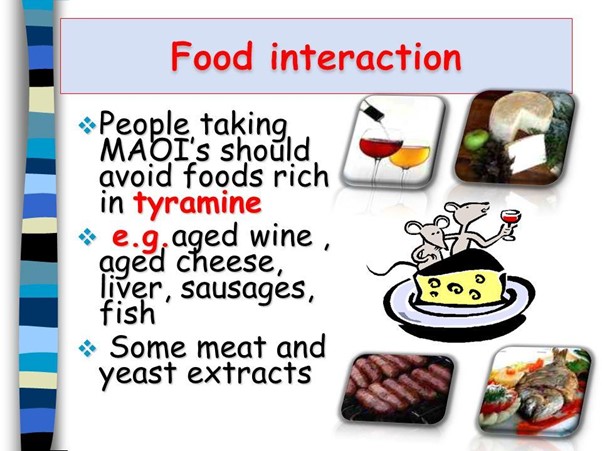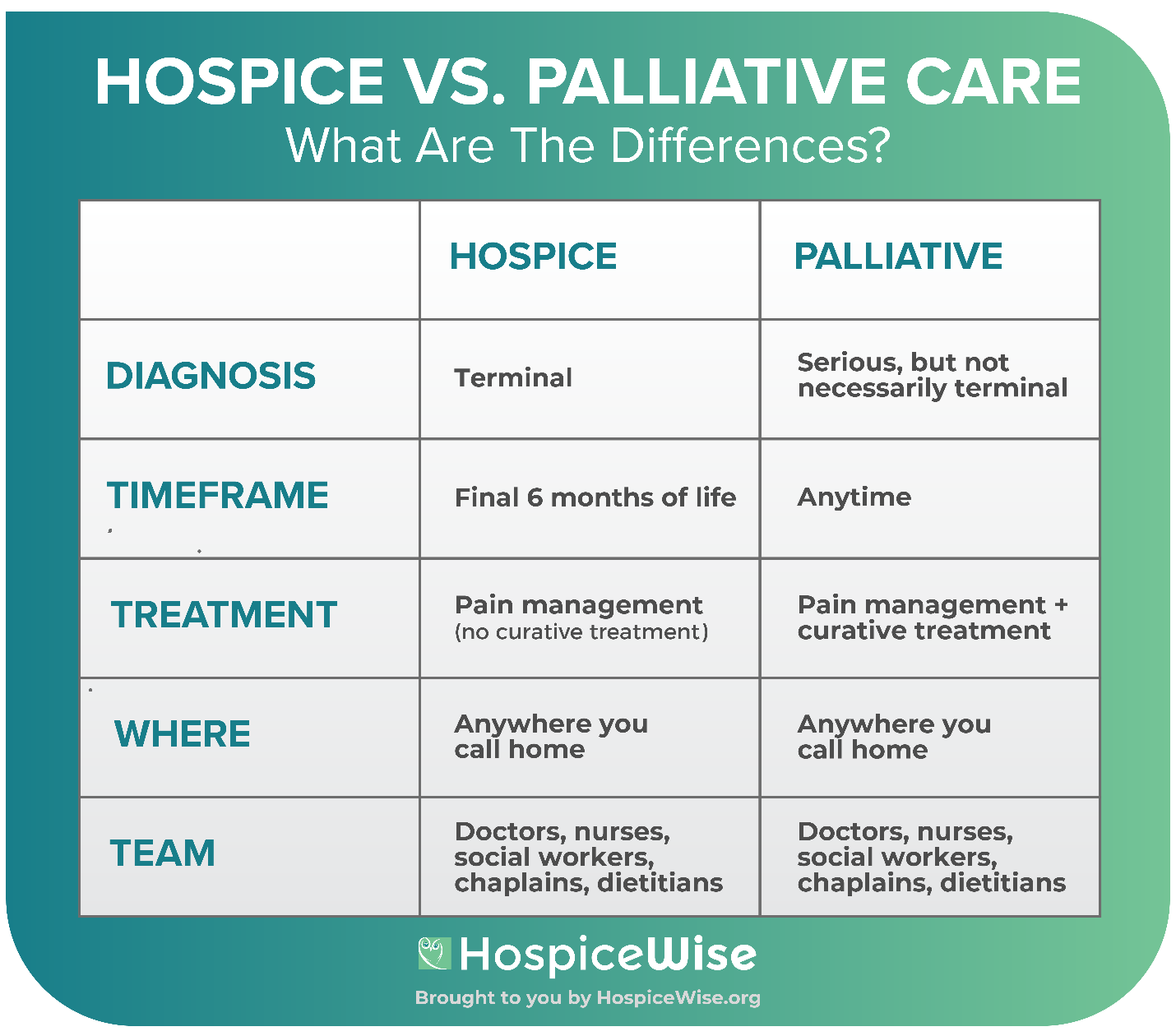A nurse is teaching a client who has a new prescription for an MAOI. Which of the following foods is contraindicated with this medication?
Cheese
Potatoes
Grapefruit
Eggs
The Correct Answer is A
Choice A reason:
Among the options listed, cheese is the food that is contraindicated with MAOI use. Cheese is high in tyramine, and consuming it while taking MAOIs can lead to a potentially life-threatening hypertensive crisis.
An MAOI (Monoamine Oxidase Inhibitor) is a type of medication used to treat depression, anxiety, and other psychiatric disorders. When taking MAOIs, it is important to avoid certain foods that contain high levels of tyramine, as it can lead to a dangerous increase in blood pressure known as a hypertensive crisis.
Choice B reason:
Potatoes: Potatoes are not contraindicated with MAOI use. They do not contain significant levels of tyramine.
Choice C reason:
Grapefruit: Grapefruit is not contraindicated with MAOI use. However, it can interact with certain medications, so it's always a good idea to check with the healthcare provider or pharmacist about specific medication interactions.
Choice D reason:
Eggs: Eggs are not contraindicated with MAOI use. Like potatoes, they do not contain significant levels of tyramine.

Nursing Test Bank
Naxlex Comprehensive Predictor Exams
Related Questions
Correct Answer is A
Explanation
A is correct because hospice care includes bereavement support for the family for up to a year after the client's death.
B is incorrect because the hospice nurse does not administer pain medication, but rather teaches the family how to manage the client's pain at home.
C is incorrect because respite care is one of the services that hospice provides to allow the family to take a break from caregiving.
D is incorrect because hospice care does not aim to prolong life, but rather to provide comfort and quality of life for the client and the family.

Correct Answer is C
Explanation
A. This choice is incorrect because the body temperature does not drop 1 degree 1 week after ovulation. The body temperature rises slightly (about 0.4 to 0.8 degrees Fahrenheit) after ovulation and remains elevated until the next menstrual period.
B. This choice is incorrect because the body temperature should be taken each morning before getting out of bed or doing any activity. Taking the temperature in the evening can result in inaccurate readings due to variations in daily activities, meals, stress, exercise, etc.
C. This choice is correct because the body temperature might decrease slightly (about 0.2 degrees Fahrenheit) just prior to ovulation due to a surge in estrogen levels. This dip in temperature can indicate that ovulation is about to occur and that the client should avoid unprotected intercourse if she wants to prevent pregnancy.
D. This choice is incorrect because the body temperature is not at its highest during menstruation. The body temperature drops at the onset of menstruation due to a decline in progesterone levels and marks the beginning of a new cycle.
Whether you are a student looking to ace your exams or a practicing nurse seeking to enhance your expertise , our nursing education contents will empower you with the confidence and competence to make a difference in the lives of patients and become a respected leader in the healthcare field.
Visit Naxlex, invest in your future and unlock endless possibilities with our unparalleled nursing education contents today
Report Wrong Answer on the Current Question
Do you disagree with the answer? If yes, what is your expected answer? Explain.
Kindly be descriptive with the issue you are facing.
